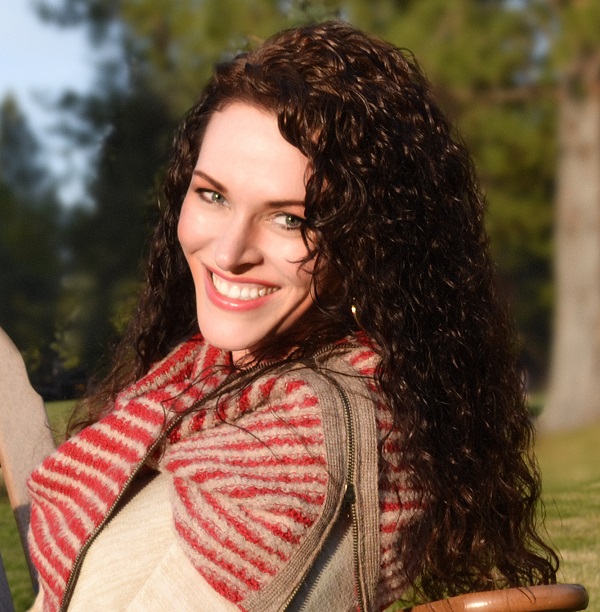This past weekend, the New York Times ran an op-ed piece by their resident conservative religion columnist, Ross Douthat. In the title Douthat asks, “Can Liberal Christianity Be Saved?” He then proceeds to criticize liberal Christian denominations, Episcopalians in particular, for lacking a religious reason for their own existence.
Ouch. A Church lacking a religious reason for its own existence?
Now, I’ve had the pleasure of meeting Mr. Douthat, and I enjoyed the experience very much. No, I didn’t agree with every claim he made, but I enjoyed his lecture, given in the Dome Room of the University of Virginia’s Rotunda; and if given the opportunity I would attend another one. If I recall correctly, he read a chapter from his most recent book “Bad Religion: How We Became a Nation of Heretics,” which was released in April of this year. In his text, Douthat managed to walk that narrow line of funny and thought provoking, with just the right amount of self-deprecating humor, perfect for a college crowd. The next morning, I, along with a handful of other undergrads, grad students, and professors, sat down at the dining room table of one of my favorite professors’ and enjoyed some bagels and conversation. There, I told Douthat that I had entered the room the night before thinking I would vehemently disagree with every word he said, but it turned out that I didn’t. He made some valid points, most notably that shirking your familial responsibilities to “find your inner God” isn’t quite what Jesus had in mind when he instructed his followers to ask, seek, and knock (Matthew 7:7-11).
This is all to say that I don’t think Douthat is unequivocally wrong, in his recent book or in his NYT op-ed. When it comes to religion, he generally presents his views in a rational and thoughtful way. So when he claims that, “leaders of the Episcopal Church and similar bodies often don’t seem to be offering anything you can’t already get from a purely secular liberalism,” I had to pause and think for a second.
A similar question was raised at a recent conference I attended. Back in June, I traveled to Nashville, Tennessee for a Future Leaders in Ministry Conference hosted by the Fund for Theological Education. As I sat amongst peers in one of the most progressive faith communities I’ve ever experienced, someone asked, “What is the difference between social justice ministry and a secular non-profit that works for the common good?”
Oh, dang. Good question.
It can be a hard question to answer; at least it was for many of the bright, spiritual, devoted fellows sitting in my small group. “I think the answer is supposed to be Salvation,” I ventured… Facial expressions on the other young adults ranged from contemplative concentration to empty stares. “I know that as ministers and administers of social justice, we’re probably supposed to be proselytizing while we care for the needy or advocated for the oppressed, but I can’t bring myself to say ‘you only get these services if you accept Christ.’ That’s an ultimatum, and God doesn’t work in ultimatums.”
Conversation continued for about an hour and though opinions differed, the one thing upon which everyone could agree was that the two most important commandments are: Love God and Love Thy Neighbor. It is in those two commandments that many Christian social justice advocates find their source of spirit and energy. Not only is this told to us in Scripture (Matthew 22:36-40), it resonates strongly with me in my daily experiences as the best guide for living out my Christian life.
Our motivation is not just to “make the world a better place,” but to advance the realization of the Kingdom of God. As a faithful democrat, I want this world to look more like God’s Kingdom of Heaven where everyone is invited to sit at the table and feast, where the last shall be first, where the marginalized and oppressed are respected with full dignity as persons created by and in the image of God. If this isn’t “rooted” enough in Christianity for Mr. Douthat, I’m not going to apologize.
It may be true that Democrats are, on the whole, much shyer than Republicans about invoking their faith as justification for a political cause; but that doesn’t mean it isn’t there and that doesn’t mean they’ve abandoned it entirely for a purely secular liberal agenda. Our apprehension is due, in part, to our fear of alienating secular democrats… you know, those people who strive for social justice because they believe it’s “just the right thing to do.” And given that we religious democrats want (mostly) the same things as secular democrats, it makes the most sense to be united, not divided. Moreover, from my experience, left-wing Christians have something many right-wingers don’t – tolerance of other faiths – and we don’t want to lose that either.
In the end, here’s where I stand: I am a Christian. I am a democrat. I believe they are mutually compatible, and that the principles of each reinforce the other. I vow to be less shy about my faith and what I believe. But in the end, I don’t believe the Episcopal Church is “eager to downplay theology entirely in favor of secular political causes.” They see their theology and those causes as one in the same.











